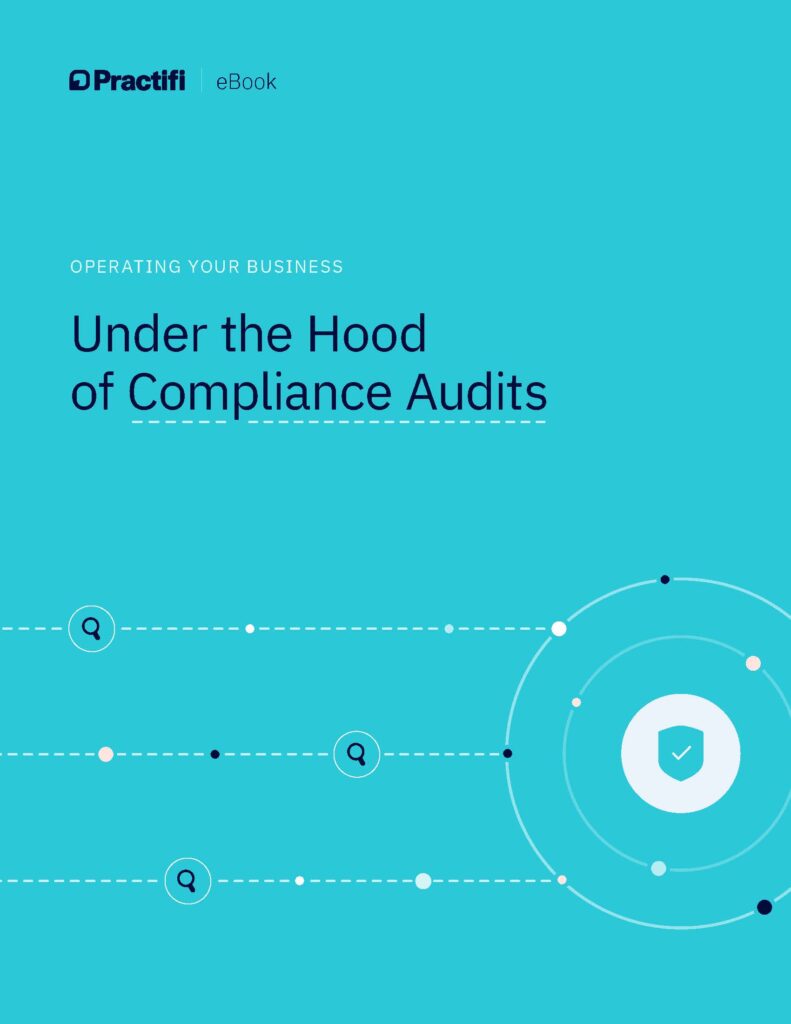
Why CRM Is the Top Wealth Management Technology in 2024
In the last decade, wealth management technology has seen rapid development, from manual processes to digital platforms for reporting, planning, portfolio management, client relationship management, and more. The global wealth management market was valued at $1.51 trillion in 2020 and is expected to grow at a CAGR of 10.7% to reach $3.43 trillion by 2030, according to AlliedResearch. We’re primed to see a giant revolution from the conceived image of financial advisors hiding behind a glass wall to a more digital, mobile and client-centric approach.
Given the expected demand from the millennial generation, as they begin planning for retirement in a highly uncertain economic climate, financial advisors need to future-proof their business models to scale operations and reach a wider audience. One major area to re-examine is their CRM, which has become essential in providing customized services and driving client engagement.
Wealth advisors need CRM tools in 2024(and beyond) and this wealth management CRM needs to come with a variety of industry-specific features.
The Evolution of Wealth Management Technology
Wealth management has come a long way since its inception. In the past, it involved manual processes and paper-based documentation, which were time-consuming and prone to errors. However, with the advent of digital technologies and workflow automations, wealth management has become more accessible, efficient and personalized.
From basic computer systems to sophisticated digital platforms, wealth management technology is on its way to becoming a cornerstone of the financial sector. Today, there are many solutions that can help financial advisors achieve their goals. One notable development is the rise of robo-advisors, which offer automated investment advice and portfolio management using algorithms and machine learning. This has revolutionized the industry by making it more affordable and convenient for clients.
The benefits to firms in future-proofing their business models through digital transformation, task automation and better client data management are not in short supply. One key advantage is the ability to reach a wider audience. Wealth management technology not only saves time and resources but also provides more personalized and cost-effective services to clients.
Common challenges associated with this technology — such as regulatory compliance, data security concerns and the risk of cyberattacks — make it essential for firms to adopt robust safety measures and adhere to best practices in risk management to protect their clients’ information.
While technology is transforming wealth management, advisors should not solely rely on it. Niche advice and human interaction remain crucial in building trust and establishing long-term relationships. Nevertheless, a digital platform can complement traditional wealth management services, providing clients with more choices and flexibility in managing their wealth, and giving advisors the ability to better manage client data and relationships. For financial advisors, CRM tools are one way to drive client engagement and strengthen their relationships.
Why Advisors Need Wealth Management CRM Tools in 2024 and Beyond
The pandemic has accelerated digital solutions adoption, and this has had a significant impact on the way that advisors communicate and collaborate with their clients. It revealed the value of digital infrastructure for CRM, which has become an essential tool for wealth advisors looking to streamline their operations, access and use client data and provide more personalized services.
Technology is a critical tool for financial planning, and CRM tools are just one example of how wealth advisors are leveraging new technologies to stay ahead of the curve. By using these resources, advisors can reduce administrative burdens, improve productivity and focus on delivering better outcomes for their clients. They can also stay in touch with clients more effectively, using online communication channels to provide real-time updates on their portfolios or market developments.
Why is any of this important? Because today’s clients expect more from their advisors. It’s become imperative for wealth advisors to deliver more customized services and better value to their clients. To remain competitive, you need to find new ways to enhance and improve the client experience.
8 CRM Must-Haves in Wealth Management Technology
Not all CRMs are created equal. As financial advisors consider what to add to their tech stack, here are some essential features of these digital tools they should keep in mind:
- Data Analytics
Analytics allow wealth managers to gain insight into their clients’ financial conduct and make data-driven decisions. For example, data can help advisors identify patterns in client behavior, such as saving or spending habits, investment preferences and overall portfolio performance. This important client information can help advisors personalize their service and build stronger client relationships. - Role-Based Experiences
Every individual within a financial advisory firm will have their own set of day-to-day needs from the technology they use. The dashboards within their technology platforms should reflect role-based requirements, delivering visualizations and activities that deal directly with specific users’ responsibilities. From client service to compliance, risk management and business development, specialized dashboards can empower numerous functions. - Industry-Focused Feature Sets
The ideal CRM for the wealth management and financial advisory space is one designed for the unique demands of this industry. Generic technology will require heavy customization to deliver a day-to-day user experience that allows advisors to create ideal client experiences, and even after those tweaks, it may fall short. Industry-specific CRM solutions provide better-tailored capabilities on a shorter timeline. - Artificial Intelligence
Yes, even artificial intelligence (AI) is considered a must-have feature for wealth management CRM technology. While a robo-advisor shouldn’t replace your team, it can help enhance client interactions. As millennials take up the majority of the wealth management market, it’s interesting that only 7% rely on automated services alone, says Natixis Investment Managers. The client-advisor relationship is crucial, and AI can be used as a point of reference and research source. - KPI and Metric Tracking
Measuring performance and identifying areas for improvement gives wealth managers the ability to gauge the effectiveness of their strategies and improve the client experience. Some examples of key performance metrics (KPIs) may include client satisfaction, revenue growth or client retention rates. Metric tracking helps advisors monitor client account performance, such as portfolio growth or asset allocation. Practifi’s Propel platform, for example, monitors business performance and provides actionable business intelligence insights that allow advisors to identify growth and prospecting opportunities. - Integrations With Other Tools
By integrating a wealth management CRM with different tools, financial advisors can streamline their workflow, reduce manual data entry and improve their overall efficiency and productivity. Accessing client data and information from other sources, such as financial planning software or investment platforms, facilitates multiple processes and frees up time for advisors to focus on expanding their service offerings. - Automation
Advanced wealth management CRM technology can help advisors simplify client communication with automated workflows and tasks, such as appointment reminders or market updates. A paperless onboarding process will reduce the number of hours spent on administrative work and start delivering to clients from day one. Along with removing repetitive tasks from the financial advisor’s workflow, automation also reduces human error and allows for more higher-value tasks to be completed. - Cloud Access
Cloud-based wealth management CRM systems allow advisors to access reports from anywhere, at any time. Additionally, they offer increased security, scalability and flexibility, unlike traditional systems which require on-premise storage, hardware and IT staff.
Enhance Your Client Relationship Management with Practifi
In the fast-paced world of financial advising, having a tool that can enhance your client relationship management is invaluable. Financial advisor’ success is often measured in terms of numbers and ROI, but it’s essential to remember that their work’s true value lies in building meaningful connections. That’s where wealth management CRMs like Practifi stand out — enhancing client relationship management with its user-friendly platform and powerful automation features.
The right CRM should free up an advisor’s time, allowing a dedicated focus on building meaningful connections and creating lasting client relationships through trust and guidance. Advisory firms should expect to have this same kind of meaningful and trusting relationship with their CRM and other wealth management technology providers, too. With the right tools and support, firms can achieve greater business growth and rise to meet the challenges of the modern wealth management industry.
Book a demo of Practifi’s wealth management CRM today.


![Practifi_eBook_MakeProcessEasier_COVER [05]](https://www.practifi.com/wp-content/uploads/2023/10/Practifi_eBook_MakeProcessEasier_COVER-05-scaled.jpg)








